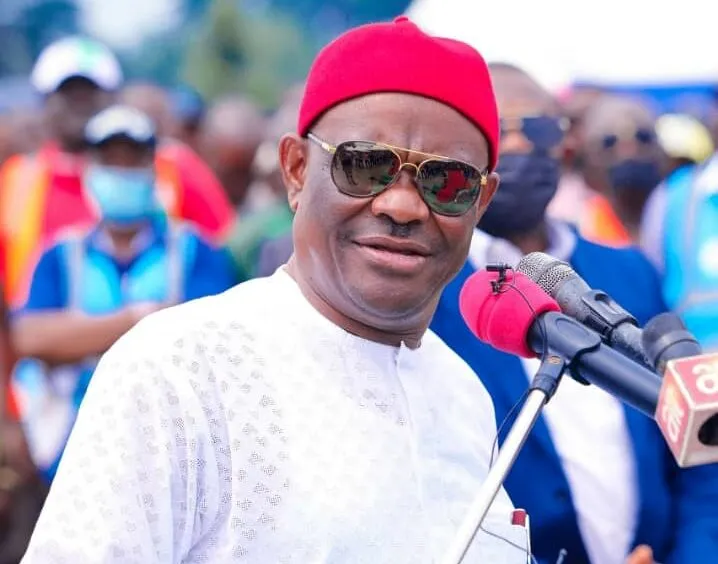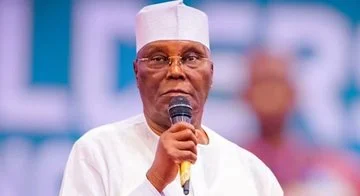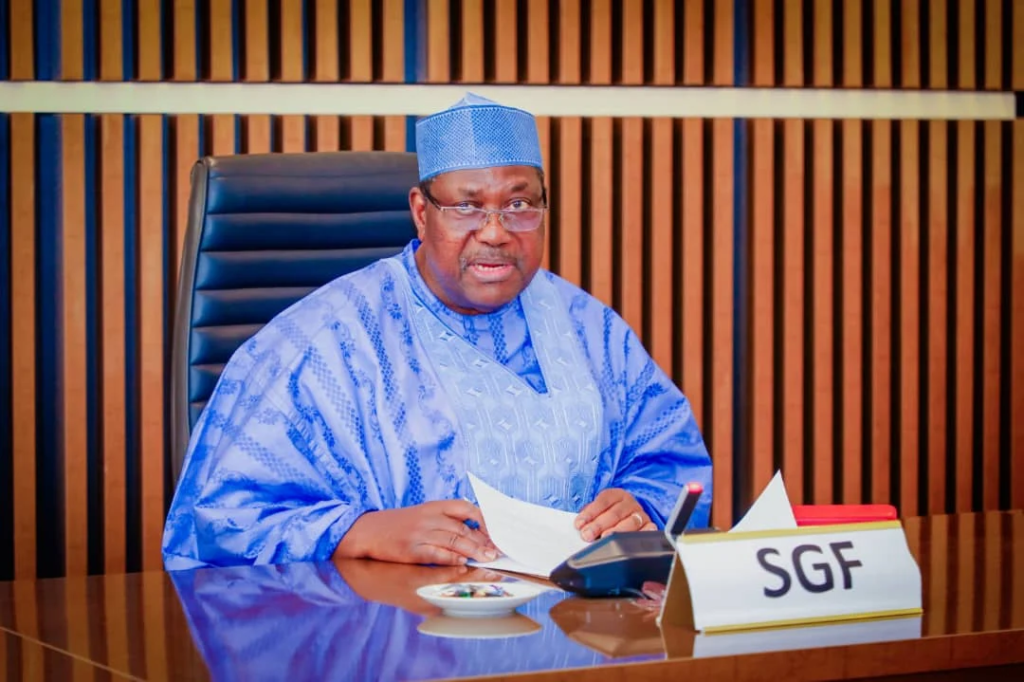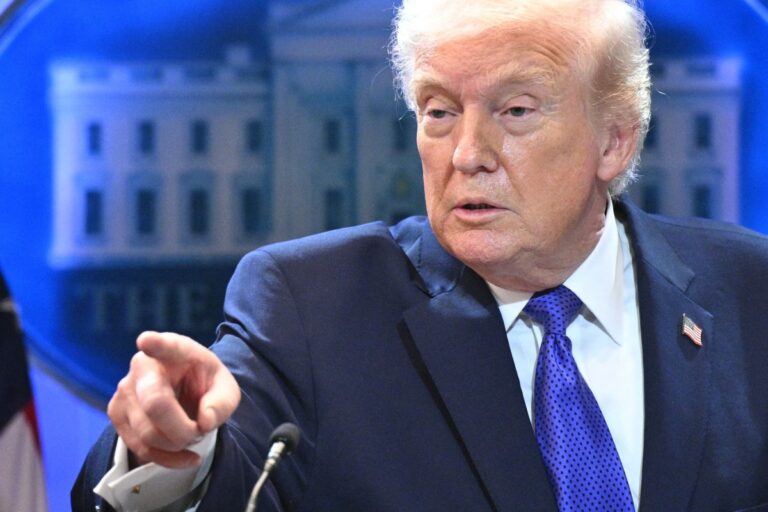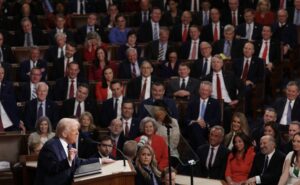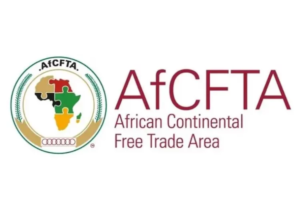The Federal Government has announced a significant hike in electricity tariff for Band A customers, who are defined as those receiving electricity supply for 20 hours per day.
Musliu Oseni, Vice Chairman of the Nigerian Electricity Regulatory Commission (NERC), revealed this development during a press briefing held in Abuja on Wednesday.
Under the new adjustments, customers in Band A category will now pay ₦225 per kilowatt-hour, a substantial increase from the previous ₦66 rate.
Oseni emphasized that these customers constitute approximately 15% of the 12 million electricity consumers across the country.
Furthermore, Oseni disclosed that some customers previously categorized under Band A have been downgraded to Band B due to non-compliance with the required hours of electricity supply by distribution companies.
This adjustment will lead to a reduction in the number of feeders classified as Band A from 800 to under 500, with only 17% now qualifying as Band A feeders, serving 15% of total electricity customers connected to them.
“We currently have 800 feeders that are categorised as Band A, but it will now be reduced to under 500. This means that 17 per cent now qualify as Band-A feeders. These feeders only service 15 per cent of total electricity customers connected to the feeders.
“The commission has issued an order which is titled April supplementary order and the commission allows a 235 kilowatt per hour.”
Notably, the tariff review will not impact customers in other bands, ensuring that the adjustment specifically targets Band A consumers.
This increase comes amidst reports from Bloomberg on Tuesday indicating a broader plan to raise electricity prices to N200 ($0.15) per kilowatt-hour for urban consumers.
It quoted people in the presidency with knowledge of the matter saying this was in a bid to attract new investment and slash about $2.3bn spent to cap tariffs (subsidies).
According to the news agency, “Nigerians will now have to pay $2.42 per one million British thermal units from the previous rate of $2.18 MMBtu.”
The increase follows Monday’s announcement by the Nigerian Midstream and Downstream Petroleum Regulatory Authority (NMDPRA) of an increase in the price of natural gas to power.
The decision to hike electricity tariffs follows recent challenges in Nigeria’s energy sector, including grid collapses.
Just a week ago, the nation experienced its second grid collapse of the year, resulting in widespread power outages. The first collapse occurred on February 4.
Nigeria has long grappled with energy sector challenges exacerbated by a rapidly growing population.
Data from the Transmission Company of Nigeria (TCN) indicated that the grid collapsed at about 4:00 pm, and dropped from 2,984 megawatts (MW) to zero in an hour, with all 21 plants connected to the grid ceasing operations by 5:00 pm.
In a statement, Abuja Electricity Distribution Company (AEDC) appealed to consumers for understanding after confirming that the current power outage was due to a system failure from the national grid.
“The system collapsed at about 16:28 hours today 28 March 2024, causing the outage currently being experienced across our franchise area,” AEDC posted on its X handle.
“We appeal for your understanding as all stakeholders are working hard to restore normal supply.”
Despite ongoing efforts to address these challenges, Nigeria continues to have the lowest access to electricity globally, with an estimated 92 million people lacking access to power, as highlighted in the Energy Progress Report 2022 released by Tracking SDG 7.














